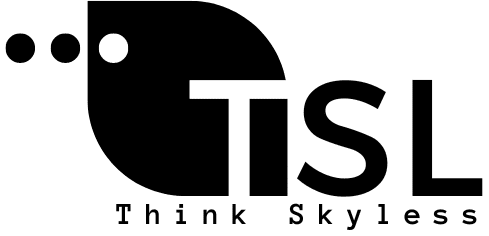
In today’s world, the term ‘cloud’ has become ubiquitous, and it’s not just about fluffy white things in the sky. You must have heard of it even when using your smartphone. Suppose your phone is running out of memory; then you will get a notification to move your files to the cloud. Today, cloud computing has become an integral part of our lives, from storing our data to running our favorite apps.
Simply put, the cloud is a virtual space that stores and processes data and applications, accessible from anywhere with an internet connection. It is a modern, efficient, and scalable way of managing data and computing resources that is rapidly changing the way we live and work. In this digital age, understanding the cloud is crucial, as it is likely to impact our lives in numerous ways in the future. So, let’s delve into the fascinating world of the cloud and discover what it really is.
This article will let you understand more about the cloud and why pursuing a Cloud computing online bootcamp can be a wise choice.
Introduction to the Cloud
As we mentioned in the beginning, the cloud is like a virtual space to store data and applications. Now the storage space we are talking about here is the Internet server instead of your local computer’s hard drive. The technology works on a concept called virtualization, something that allows for the creation of a simulated virtual computer that behaves as if it were a physical computer with its own hardware. This type of computer is called a virtual machine. When virtual machines on the same host are properly configured, they do not communicate with each other. It means the files and applications from one virtual machine are not accessible to the other virtual machines, despite the fact that they are on the same physical computer.
Note that virtual machines can also use the hardware that hosts them effectively. If you run several virtual machines at once, one server can run many virtual ‘servers’, and a data center becomes like a whole host of data centers that is able to serve many organizations. When we say data centers, we refer to the physical facilities or locations where cloud service providers house their computing resources, such as storage devices, servers, network equipment, and other hardware and software. These data centers are designed to provide a secure, scalable, and high-performance environment for cloud computing.
Types of Cloud Service Models
There are three types of cloud service models, as mentioned below:
- Infrastructure as a Service (IaaS)
This is a cloud computing model in which a provider delivers virtualized computing resources, like storage, servers, and networking over the internet. These resources can be used to build, deploy, and manage an organization’s applications and services without having to own and maintain physical infrastructure. IaaS also involves APIs that help users migrate workloads to a virtual machine.
- Platform as a Service (PaaS)
This is a cloud computing model in which a provider offers a complete development and deployment environment, including hardware, operating system, middleware, and other services, allowing developers to focus on writing and deploying code. In other words, cloud service providers host development tools on their infrastructures. This reduces the need for customers to manage infrastructure and accelerates time to market.
- Software as a Service (SaaS)
As the name suggests, this cloud computing model is something through which cloud platforms offer software applications to customers over the internet. With SaaS, customers can use the provider’s software applications without having to install and maintain them on their own computers or servers. The provider manages the infrastructure, security, and maintenance of the software, and customers can access it on demand from any device with an internet connection.
How to Get a Cloud Certification?
Now that you have an overview of what the cloud is all about and how cloud platforms use the technology, you can develop more understanding of the subject by pursuing a cloud certification. Well, there is no single body authorized to offer cloud certifications. Different service providers offer their own set of cloud certifications, which are often role-based, and depending on your career interests, you can choose a credential of your choice. That said, some of the popular cloud certifications are:
- AWS Certified Solutions Architect Associate
- Microsoft Certified: Azure Administrator Associate
- Google Certified Professional Cloud Architect
- CompTIA Cloud+
- Certified Cloud Security Professional (CCSP)
- Salesforce Certified Technical Architect
As you can see, most of the certifications are role-based, meaning you don’t have to gain expertise in using the entire services of a cloud platform but only focus on those that are specific to the job role. Though there are many service providers, the ones dominating the cloud market are Amazon Web Services (AWS), Microsoft Azure, and Google Cloud Platform (GCP). So, if you are trying to become a cloud practitioner, there is a high chance that the hiring organization will ask for knowledge of either of these three service providers. So, it is recommended that you pursue a cloud certification offered by any of these three service providers first. Later on, when you have gained some experience in this field, you can pursue certifications offered by other vendors. Read more Wikipedia


